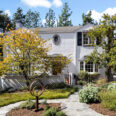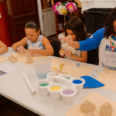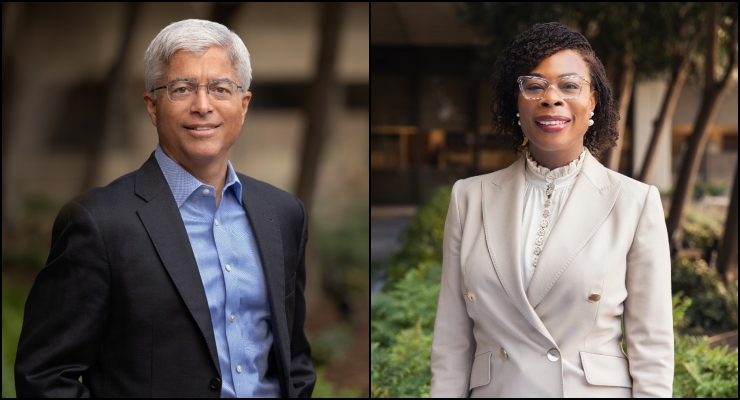
As the City’s Reconnecting Communities 710 Advisory Group moves into its second year, the concentration is on data and history and the relationship between the two, along with their impact on the upcoming master plan for the new community to be built from the canceled 710 Freeway extension and the subsequent “relinquishing” by the state of the land area back to Pasadena.
At their meeting Wednesday, the Advisory Group heard from two groups who will begin the data collection as well as collecting the human stories from those who were displaced in the early-to mid- 70s as a result of the planned freeway extension.
As Assistant City Manager David Reyes explained, “This first effort is sort of setting the stage for the historical data and what happened here. And in telling that story again in the city, we broke it into three different aspects.”
The first, said Reyes, was the actual data in terms of the number of buildings, who was displaced, and what types of buildings those were, and that was presented by Architectural Resources Group (ARG) in November.
“Now we have the oral history piece,” said Reyes, “which sort of brings it down to the human level.”
Allegra Consulting, led by CEO Suzanne Madison, presented their plan for a project to collect stories and data from the people and businesses involved, with personal interviews from a wide range of individuals, families and community groups, in order to compile a published history of the people of the area.
Advisory Group member Tina Williams also pointed out to Madison that “there are additional institutions that can be looked at, not just individuals.”
Williams noted that “collective stories” may also involve the Japanese Cultural Center, the Woods & Valentine Mortuary, as well as the AME church.
“Those institutions have members who are still living,” Williams told Madison, “and that’s where outreach to those people is going to be key and important, and not just expecting them to come to a community meeting. We welcome that and we’ll be here to help in the process of identifying those places and people that you can get those stories from.”
Dr. Paul Ong, research professor and director of the UCLA Luskin School Center for Neighborhood Knowledge, and editor of AAPI Nexus, then led a technical presentation by a UCLA research team, which will examine the historical impacts of freeways on segregation in Pasadena.
As Ong told the Advisory Group, “Freeway developments, those things that are related to changes when we put in freeways, when we plan, when we design, when we build freeways and we operate freeways, they have much broader impact.
Freeway development is embedded,” Ong continued, “and it occurs within a larger context, a societal transformation. And what we’ve seen during this time period, particularly the time period of the freeway development that what happened here in Pasadena, but throughout the nation is that we were of course, at a juncture in our history that involved struggles around civil rights, around suburbanization of white flight, around post-industrial development and around immigration driven demographic changes.
“These are massive changes,” said Ong, “that we as a society struggle with, in terms of how to best manage, and at the same time, how do we move forward in a progressive fashion?”
The UCLA team will use census data from 1950 to the present to document demographic changes at the city and neighborhood levels, and will also examine policies, practices, and projects related to freeway construction, said Ong.
The UCLA team will focus on the racial and ethnic history of the area, housing tenure, housing values, and income levels.
Meetings are also planned with stakeholders, staff, and the public, to gain insights and feedback, said Ong, and their project is expected to take approximately eight months to complete.
The SR 710 northern interchange was constructed in the City of Pasadena in the early 1970s, resulting in the “Northern Stub,” which displaced thousands of residents and divided a residential community from an active central business district.
Following a decades-long battle, the SR 710 extension project was halted and the relinquishment of the SR 710 Northern Stub transportation network, from Union Street to Columbia Street, was approved by the California Transportation Commission on June 29, 2022 and was transferred to the City of Pasadena on August 15, 2022.
The Reconnecting Communities 710 Advisory Group will also present the awardee of a contract to develop the Master Plan for the new community for approval, at next week’s City Council meeting.
The next meeting of the Reconnecting Communities 710 Advisory Group is set for February 21.


















